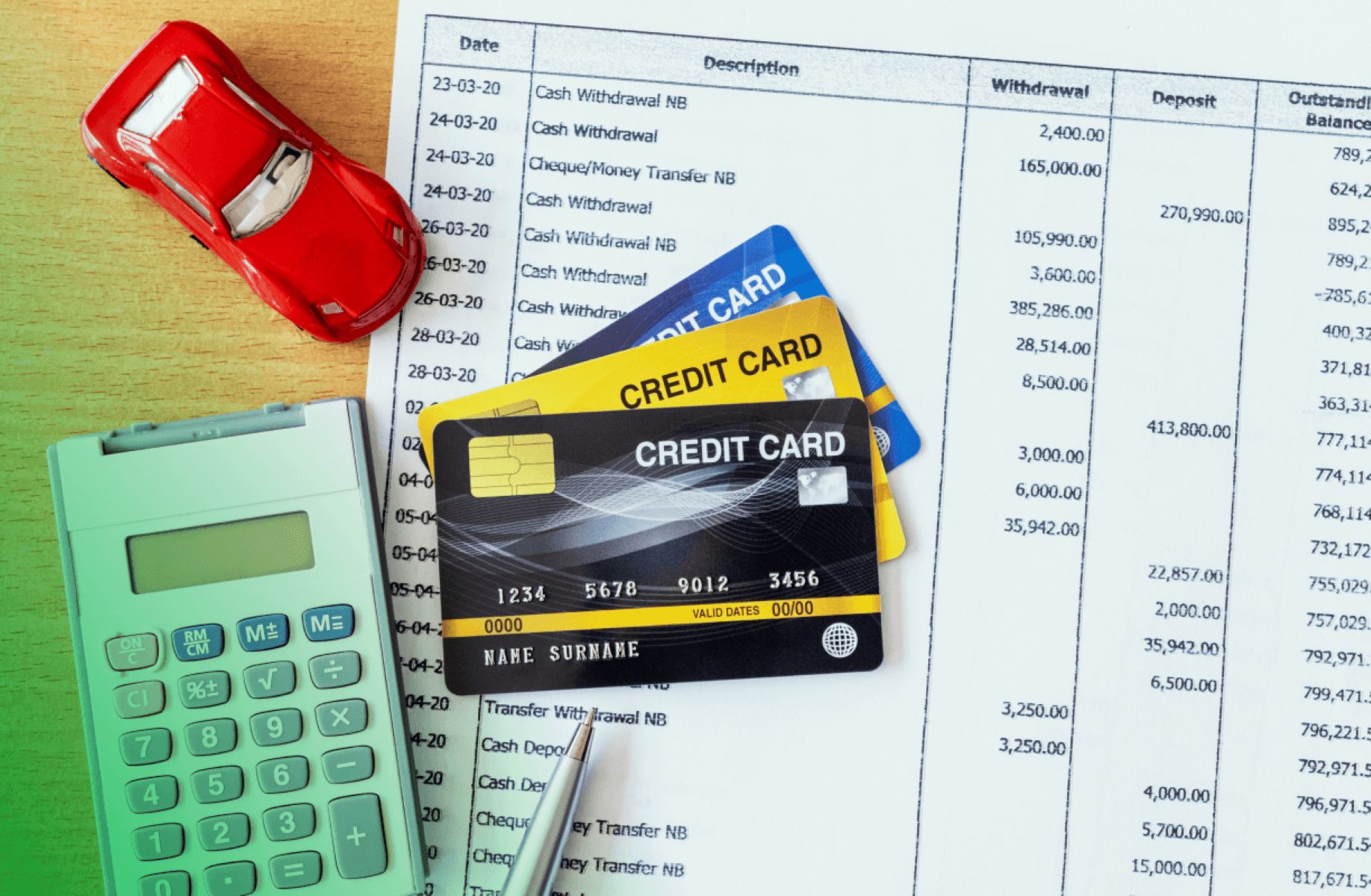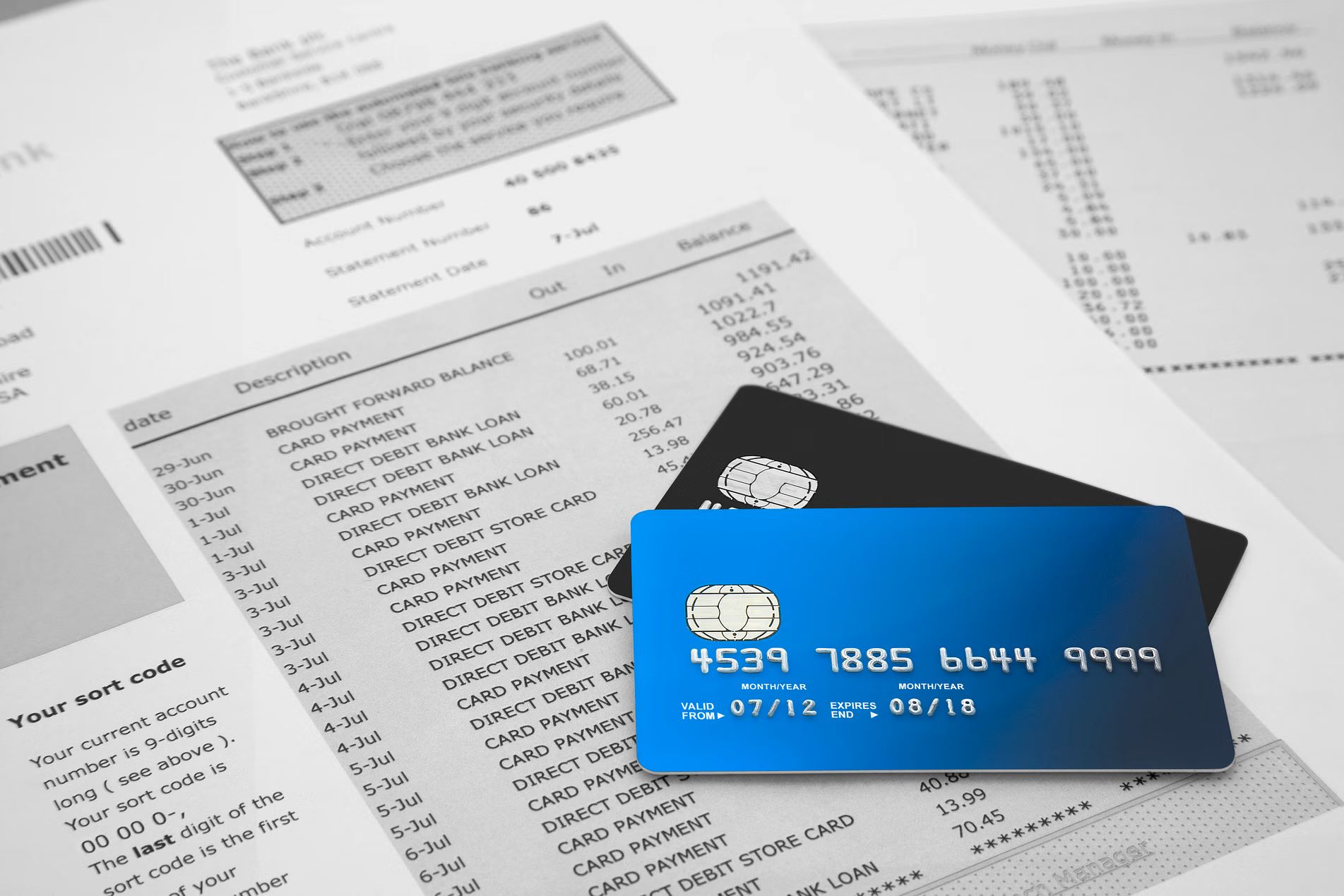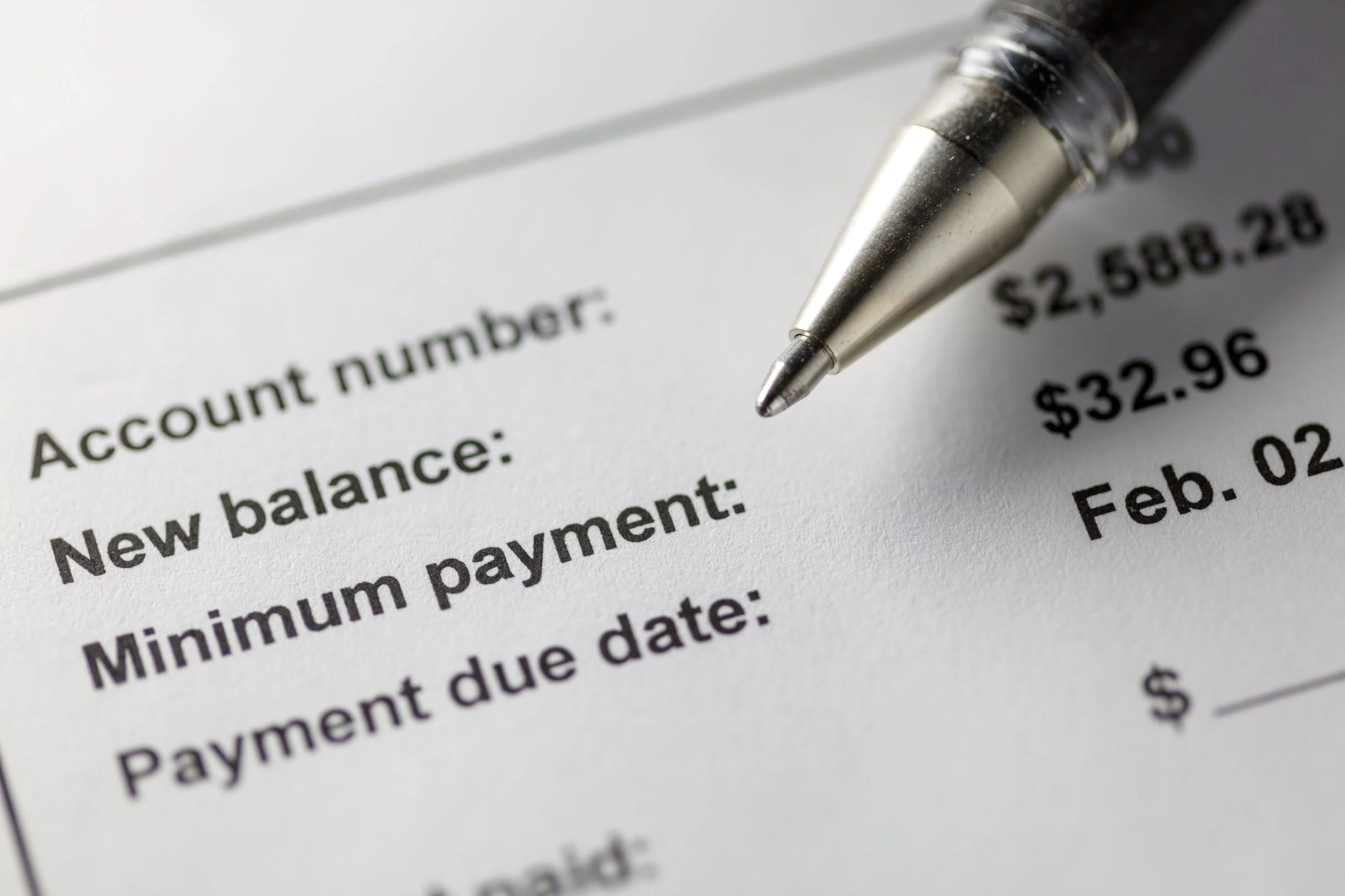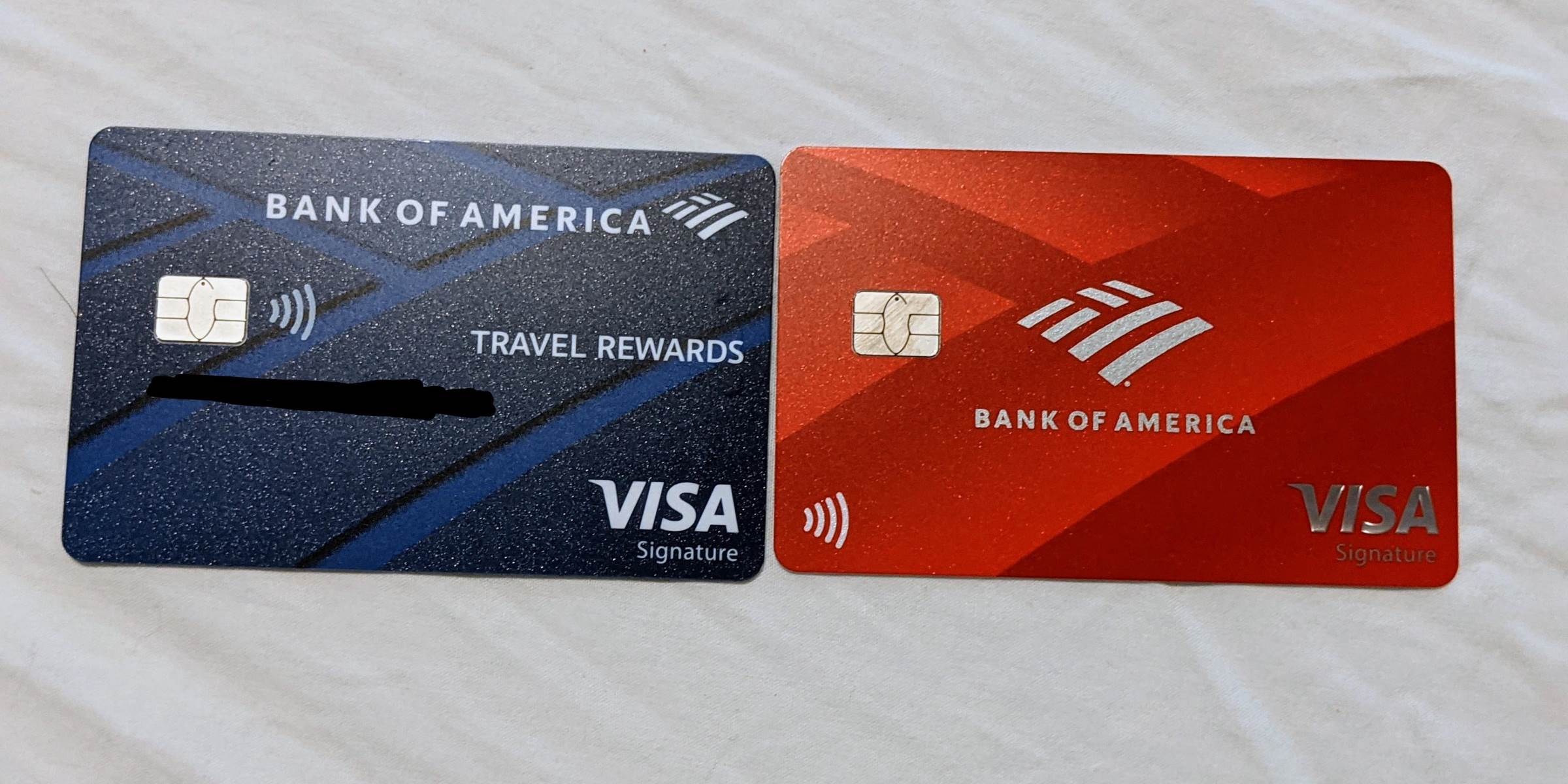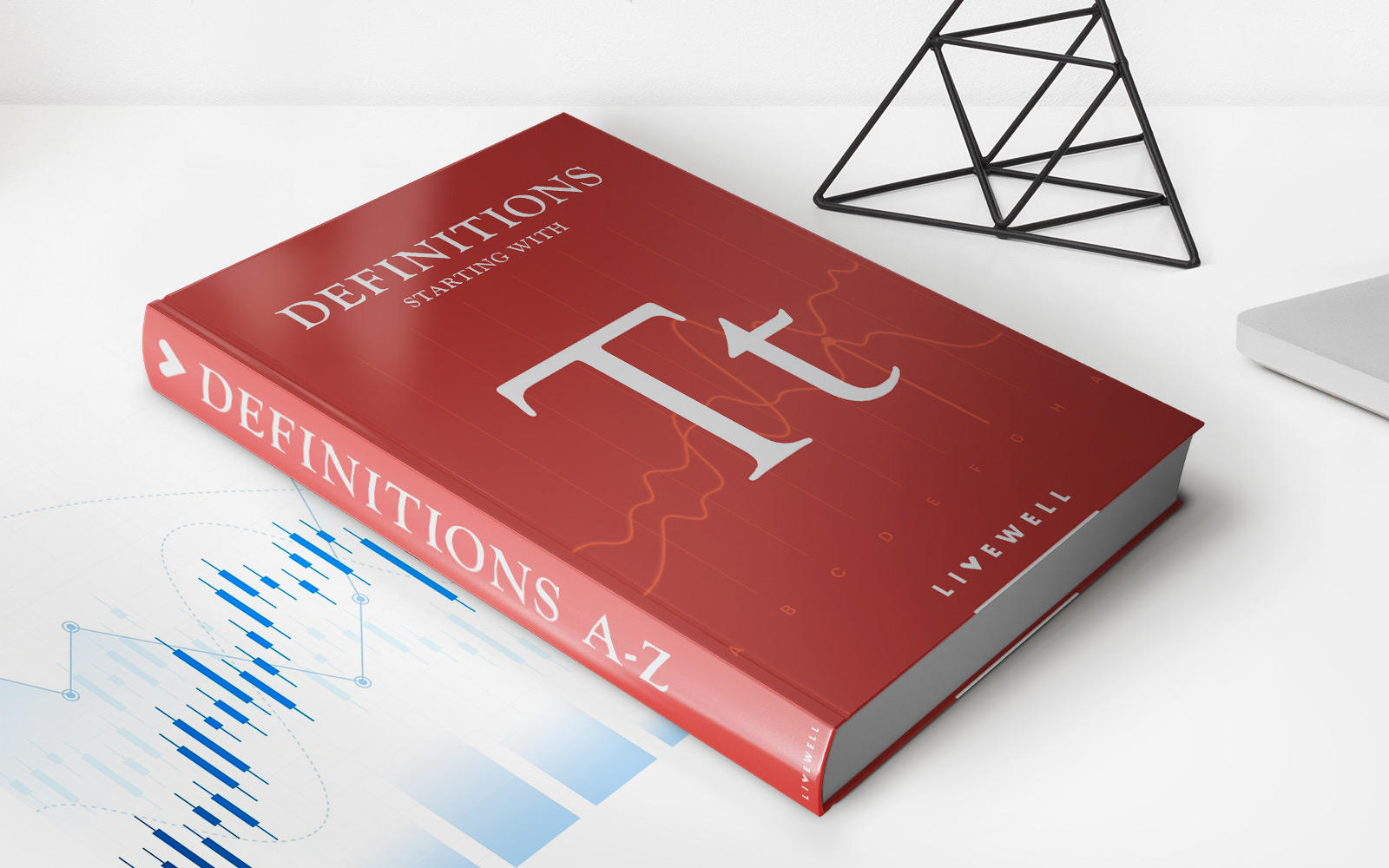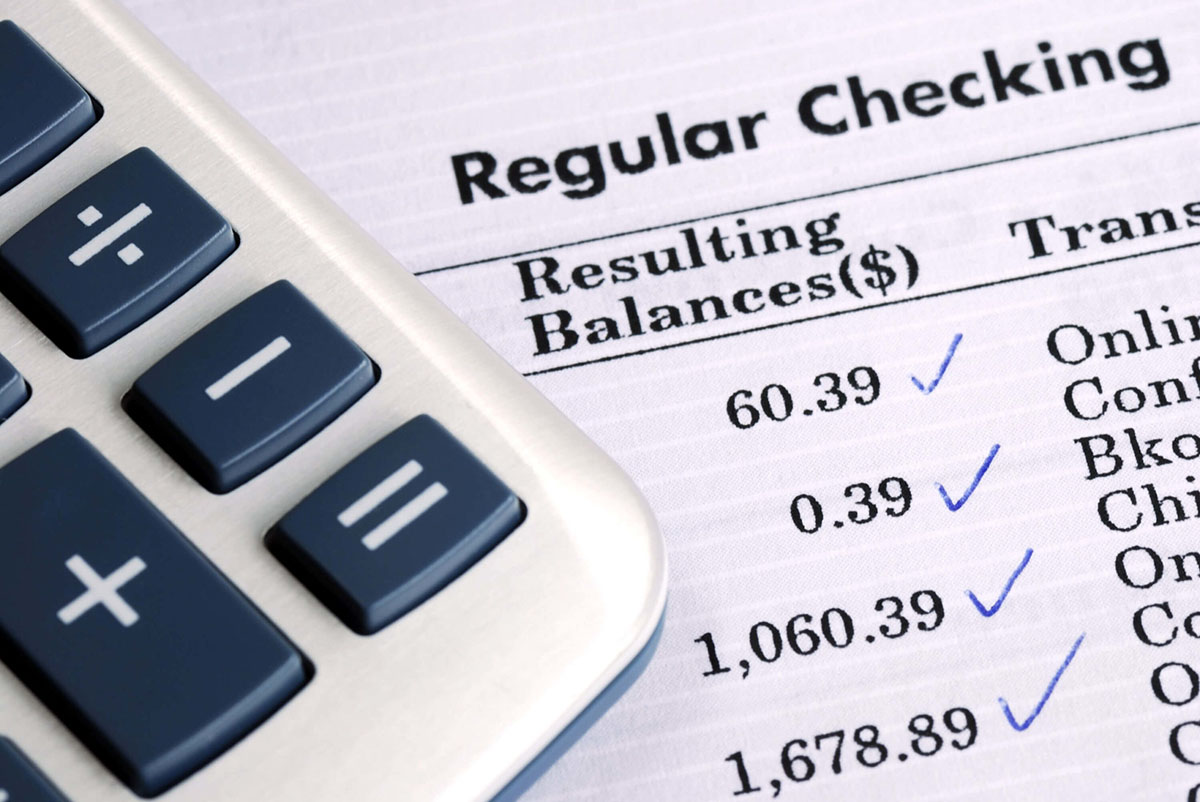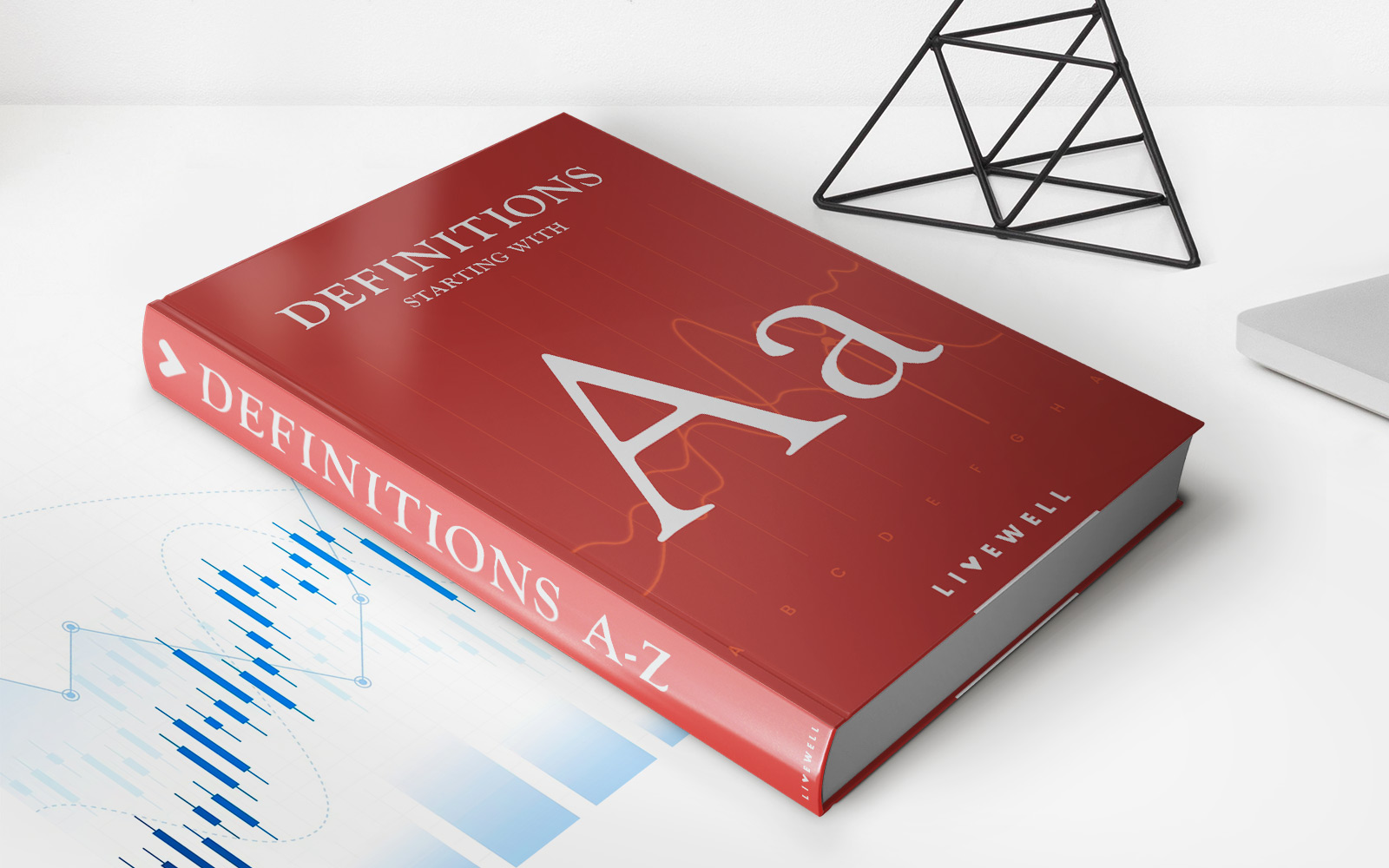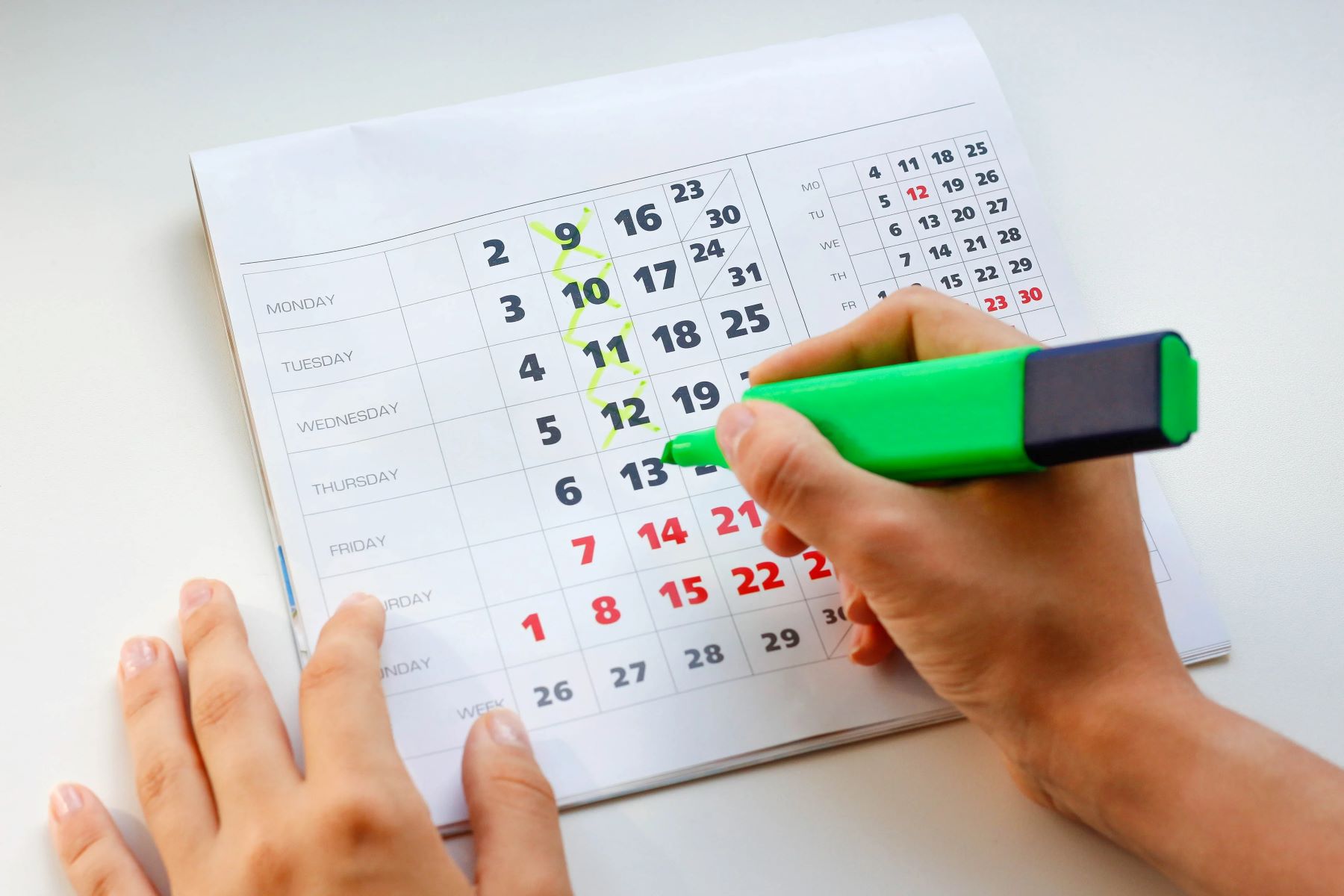

Finance
When Is My Credit Card Due Date
Modified: February 21, 2024
Learn when your credit card due date is in order to effectively manage your finances. Stay on top of your payments and avoid unnecessary fees.
(Many of the links in this article redirect to a specific reviewed product. Your purchase of these products through affiliate links helps to generate commission for LiveWell, at no extra cost. Learn more)
Table of Contents
Introduction
Welcome to the world of credit cards, where making timely payments is crucial for maintaining good financial health. Whether you’re a seasoned credit card user or just starting to navigate the world of personal finance, understanding your credit card’s due date is essential. Your credit card due date is the deadline for making your monthly payment to the credit card issuer.
By paying your credit card bill on time, you not only avoid late fees and penalties but also demonstrate responsible financial behavior, which can positively impact your credit score. However, failing to pay your credit card on time can have severe consequences, such as increased interest rates, damage to your credit score, and even potential legal action.
In this article, we will delve deeper into the concept of credit card due dates and discuss how to determine your specific due date. We will also explore the importance of paying your credit card bill on time and the potential consequences of late payments. Lastly, we will provide strategies for effectively managing your credit card due dates to help you stay on top of your finances.
Understanding Credit Card Due Dates
When it comes to credit card due dates, it’s important to have a clear understanding of what they are and how they work. Your credit card due date is the date by which you must pay at least the minimum payment amount on your credit card bill. This is typically on a monthly basis, although some credit card issuers may have different payment cycles.
It’s important to note that the due date is different from the closing date of your credit card statement. The closing date is the end of your billing period, while the due date is the last day you can make a payment without incurring any late fees or penalties. Therefore, it’s crucial to pay attention to both dates to ensure you stay on top of your credit card payments.
Credit card due dates are usually set by the credit card issuer and can be found on your monthly credit card statement or by accessing your account online. They are typically the same day each month, but to be sure, it’s always best to check your specific due date to avoid any confusion.
If your due date falls on a weekend or a holiday, the due date may be extended to the next business day. However, it’s essential to confirm this with your credit card issuer, as their policies may vary.
Remember that making only the minimum payment due by the due date will help you avoid late charges and keep your account in good standing. However, it’s advisable to pay the full statement balance each month to avoid interest charges and to maintain positive financial habits.
Factors that Determine Your Credit Card Due Date
While credit card due dates are generally set by the credit card issuer, there are a few factors that can influence when your payment is due each month.
1. Billing Cycle: Your credit card due date is determined by your billing cycle, which is the period of time between each statement. The length of your billing cycle can vary, but it is typically around 30 days. For example, if your billing cycle ends on the 15th of each month, your credit card due date might be set for the 5th of the following month.
2. Credit Card Terms: The terms and conditions of your credit card agreement can also play a role in determining your due date. Some credit card issuers may have a fixed due date each month, while others may allow you to select a due date that is convenient for you, such as the beginning or end of the month.
3. Payment Processing Time: The time it takes for your payment to be processed by your credit card issuer can also impact your due date. If you make a payment close to your due date, it may not be processed in time, resulting in a late payment. To avoid this, it’s best to make your payment a few days in advance to allow for processing time.
4. Weekend and Holiday Considerations: As mentioned earlier, if your due date falls on a weekend or a holiday, your payment may be due on the next business day. This is because banks and credit card companies typically do not process payments on weekends or holidays. Be sure to check with your credit card issuer for specific information about how they handle payments during these times.
Overall, it’s important to be aware of these factors that can influence your credit card due date. By understanding these factors and staying informed about your payment responsibilities, you can ensure that you make timely payments and avoid any unnecessary fees or penalties.
How to Find Your Credit Card Due Date
It’s essential to know your credit card due date to ensure that you make timely payments and avoid any late fees or penalties. Here are some ways to find your credit card due date:
- Check your Credit Card Statement: Your credit card statement is a monthly summary of your credit card activity, including your current balance, transactions, and payment information. The due date is typically listed on the statement. Look for a section that mentions the due date or payment deadline.
- Access your Online Account: Most credit card issuers provide online account access, allowing you to manage your credit card account, view transactions, and make payments. Log in to your account using your username and password and navigate to the billing or payment section. You should be able to find your due date there.
- Contact your Credit Card Issuer: If you’re unable to find your due date on your statement or online account, reach out to your credit card issuer directly. You can typically find their customer service number on the back of your credit card or on their website. Speak to a representative and request the information you need.
- Set Up Payment Reminders: To ensure you never miss a payment, you can set up payment reminders. Many credit card issuers offer email or text reminders to help you remember your upcoming due date. You can also use personal finance apps or calendar reminders to stay on top of your payments.
Remember, it’s important to check your due date regularly as it may change over time. If you have multiple credit cards, make sure to keep track of each card’s individual due date to avoid any confusion.
By staying proactive and aware of your credit card due date, you can effectively manage your payments, maintain good financial habits, and avoid unnecessary fees and penalties.
Importance of Paying Your Credit Card on Time
Paying your credit card bill on time is of utmost importance for several reasons. Here are a few key reasons why timely payments are crucial:
- Avoid Late Fees and Penalties: One of the significant benefits of paying your credit card on time is avoiding late fees and penalties. Many credit card issuers charge a late payment fee if you fail to make your minimum payment by the due date. These fees can range from a few dollars to as high as $40 or more, depending on the credit card issuer and your outstanding balance.
- Maintain a Good Credit Score: Your payment history is a crucial factor in determining your credit score. Making timely payments consistently helps build a positive credit history and demonstrates responsible financial behavior. On the other hand, late payments can negatively impact your credit score, making it more difficult to get approved for credit in the future, such as loans or mortgages.
- Avoid Increased Interest Rates: Late payments can also trigger a penalty interest rate, also known as a default interest rate. If you miss your credit card due date, the credit card issuer may raise your interest rate significantly, making it more expensive to carry a balance. This can result in higher finance charges and potentially lead to a cycle of debt.
- Protect Your Creditworthiness: Your creditworthiness, or creditworthiness, is a measure of your ability to repay borrowed funds. Timely credit card payments demonstrate financial responsibility, which is vital in maintaining a positive creditworthiness. This is especially important if you plan on applying for a loan or mortgage in the future.
- Access to Credit Card Rewards and Benefits: Many credit cards offer rewards, such as cashback, travel points, or other perks. However, some credit card issuers may withhold these rewards or benefits if you have a history of late payments. By paying your credit card on time, you can remain eligible for these valuable rewards and benefits.
Overall, paying your credit card bill on time is essential for financial stability, maintaining a good credit score, and avoiding unnecessary fees and penalties. Develop a habit of being mindful of your due dates and making your payments promptly to enjoy the benefits of responsible credit card usage.
Late Payment Consequences and Fees
Making late payments on your credit card can have significant consequences and lead to various fees. It’s important to understand these consequences to avoid any unnecessary financial burdens. Here are some common late payment consequences and fees:
- Late Payment Fees: One of the immediate consequences of a late credit card payment is the late payment fee. This fee is typically charged by the credit card issuer if your payment is not received by the due date. Late payment fees can range from $25 to $40, depending on your credit card agreement and the outstanding balance on your account. These fees are in addition to any interest charges that may apply.
- Interest Charges: Late payments can also result in increased interest charges. If you don’t pay the full amount owed on your credit card bill by the due date, any remaining balance will start accruing interest. This interest is typically charged at a higher rate than your regular purchase APR and can quickly add up, making it more expensive to carry a balance on your credit card.
- Damage to Your Credit Score: Late payments can have a negative impact on your credit score. Payment history is one of the most significant factors in determining your credit score, accounting for about 35% of the total score. Each late payment recorded on your credit report can lower your credit score and stay on your report for up to seven years, making it more challenging to obtain credit in the future.
- Potential Penalty APR: In some cases, consistently making late payments can trigger a penalty APR. A penalty APR is a higher interest rate that can be imposed on your credit card account if you fail to make your payments on time. This elevated interest rate can significantly increase the cost of carrying a balance on your credit card and make it harder to pay off your debt.
- Loss of Promotional Offers: Late payments can also result in the loss of promotional offers or benefits associated with your credit card. For example, if you have a balance transfer credit card with a 0% introductory APR, making a late payment can void this promotional rate, and you may be subject to the regular interest rate.
It’s crucial to understand the potential consequences of late credit card payments and strive to make payments on time. By doing so, you can avoid unnecessary fees, protect your credit score, and maintain financial stability.
Strategies for Managing Credit Card Due Dates
Effectively managing your credit card due dates is essential for maintaining good financial habits and avoiding late payments. Here are some strategies to help you stay on top of your credit card due dates:
- Set Up Payment Reminders: Use technology to your advantage by setting up payment reminders. Most credit card issuers offer email or text reminders that notify you a few days before your due date. Additionally, you can utilize personal finance apps or calendar reminders on your phone to keep track of your payment deadlines.
- Utilize Automatic Payments: If you often find it challenging to remember to make your payments on time, consider setting up automatic payments. With this option, your minimum payment or full statement balance will be deducted automatically from your bank account on the specified due date. Just make sure you have sufficient funds in your account to avoid overdraft fees.
- Adjust Your Due Date: If your credit card due date falls at an inconvenient time of the month, contact your credit card issuer and ask if they can adjust it. Many credit card companies offer flexible due date options, allowing you to select a date that aligns better with your income and expenses.
- Pay Early: Instead of waiting until the last minute to make your credit card payment, aim to pay early. By making your payment a few days in advance, you can ensure that it is processed on time, even if there are any unexpected delays or technical issues.
- Prioritize Payments: If you have multiple credit cards with different due dates, prioritize your payments. Ensure that you make at least the minimum payment on all your credit cards, but focus on paying off the card with the highest interest rate or lowest balance first. This approach can help you minimize interest charges and progress towards paying off your debts faster.
- Monitor Your Statements: Regularly review your credit card statements for any errors or unauthorized charges. By staying vigilant and promptly reporting any discrepancies to your credit card issuer, you can avoid potential issues that may impact your payment or credit standing.
- Stay Aware of Changing Due Dates: Keep track of any changes in your credit card due dates. Your credit card issuer may change the due date without notice, especially if you request an adjustment or if there are any changes to your account. Being aware of any changes will help you avoid missed payments and potential late fees.
By implementing these strategies, you can effectively manage your credit card due dates, avoid late payments, and maintain control over your financial obligations.
Conclusion
Understanding and managing your credit card due dates is crucial for maintaining financial stability and avoiding unnecessary fees and penalties. By paying your credit card bill on time, you can prevent late payment fees, protect your credit score, avoid increased interest rates, and maintain access to credit card rewards and benefits.
To stay on top of your credit card due dates, make use of payment reminders, set up automatic payments, and adjust your due date if necessary. Paying your credit card bill early and prioritizing your payments can also help you manage multiple credit cards effectively. Additionally, it’s essential to monitor your statements for any errors or unauthorized charges and stay aware of changes in your due dates.
Remember, your credit card due date is not just a deadline; it’s an opportunity to demonstrate financial responsibility and maintain a positive credit history. By consistently making timely payments, you can not only avoid negative consequences but also set yourself up for future financial success.
So, take control of your credit card due dates, stay organized, and make payments on time. By doing so, you’ll not only avoid unnecessary fees but also pave the way for a strong financial foundation.
